Plant breeders in Uganda and Tanzania have developed drought-tolerant and disease-resistant banana hybrids that are intended to support the commercialization of East Africa’s banana sector.
The response to the new hybrids has been positive from more than 1,350 Ugandan and Tanzania smallholder banana farmers who have struggled to sustain their plantations beyond four or five years in the face of intense pressure from plant diseases like Xanthomonas wilt (BXW), fusarium wilt and black Sigatoka, noted Dr. Jerome Kubiriba, a researcher at Uganda’s National Agriculture Research Organization (NARO).
Some regional agricultural analysts predict that East Africa’s banana farmers will soon enjoy the best of both worlds: bananas developed from conventional breeding and emerging biotechnologies like genome editing. The new advances also mean it’s highly likely that the region will be able to control the devastating Xanthomonas wilt (BXW) disease that has stymied production.
Dr. Ivan Kabiita Arinaitwe of Uganda’s National Banana Research Program told the Alliance for Science that the high- yielding new hybrids were developed through conventional breeding by crossing an East African highland banana cultivar (Triploid 3x) and a male diploid (2x) parent of the wild species Musa acuminata, which contributes the source of resistance to pests and diseases.
The new hybrids are resistant to black Sigatoka (Mycosphaerella fijiensis), a serious plant disease first reported in Tanzania in 1987 and in Uganda in 1990. Black Sigatoka, also known as leaf spot disease, is the most serious constraint to banana production in the Great Lakes region. Recent research indicates the disease causes the premature ripening of the fruit, reducing yields by 76 percent.
In addition to disease-resistance, the new hybrids are better adapted to drought and have more leaf cover. They also increase yields four-fold and taste much like popular local varieties, making them well-suited to long-lasting plantations and improving food security, researchers said.
“Up to 90 hectares of banana breeding fields have as a result been planted at the [NARO] research laboratories in Kawanda, near Kampala,” Arinaitwe said. “In the laboratories, pollinations and evaluations of banana bunches are done to get hybrid seeds from which improved primary hybrids are obtained. The first level hybrids generated from the primary pollinations are then crossed with improved diploids (2x) to create secondary triploids (3x) from which final hybrids with desired traits are evaluated and picked.”
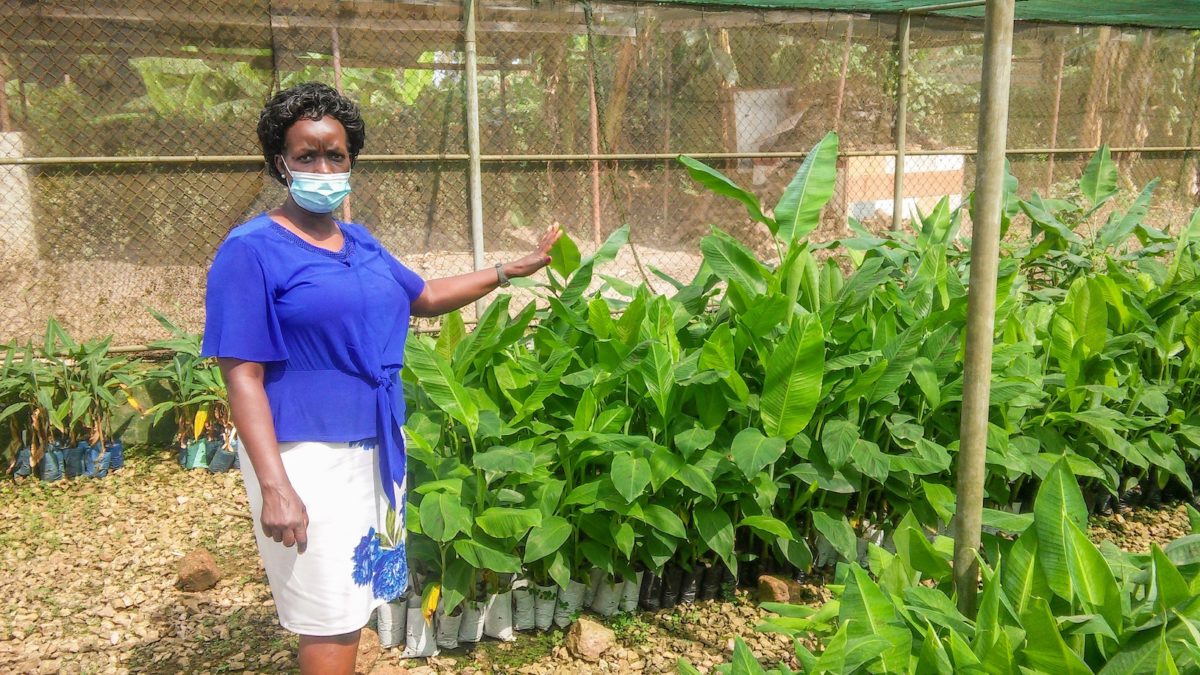
The achievements realized under the auspices of the Accelerated Breeding Better Banana Initiative (ABBB), the world’s biggest banana breeding program, bode well for the region, which recently approved field trials for genetically modified BXW-resistant bananas.
Kenya’s National Biosafety Authority approved field trials for the BXW-resistant GM bananas at the end of 2017. The Authority’s website indicates that the trials are still ongoing. By all accounts, the development of a GM crop in Kenya takes between 10-12 years from laboratory experiment to full commercialization.
In the context of Uganda and Tanzania, the win-win for smallholder farmers growing banana hybrids developed from conventional breeding and emerging biotechnologies will likely depend on how soon the two countries overcome what regional biotechnology proponents call an ill-advised ambivalence towards modern and invaluable plant breeding tools.
There is optimism that the tide will soon turn in the two countries. In Uganda, plant breeders are already cognizant that conventional breeding cannot be the magic bullet that delivers all the traits needed to ensure the region’s important banana sector survives. They have also banked on genome editing to introduce traits such as pro-vitamin A for improved nutrition value.
While the hang up for GM technology in Uganda has for the most part been on the regulatory side, significant inroads have been made behind the scenes in discussions with important stakeholders on the importance of agriculture biotechnology to the country.
“The stage in discussions is advanced and we hope the new Ugandan parliament will pick up the threads and momentum that had been gained,” said Dr. Priver Namanya Bwesigye, one of the region’s foremost plant biotechnologists and program leader of Uganda’s National Banana Research Program.
“The indisposition has been towards biotechnology but biotechnology and conventional breeding play complementary roles,” she added. “The region needs both technologies. Not all key banana pest and disease constraints can be addressed with conventional approaches. For example, resistance to BXW is not available in the banana germplasm/genetic pool servicing conventional breeding approaches. While ABBB addresses conventional breeding interventions, NARO also utilizes biotechnology to complement the various research needs.”
For East Africa, giving farmers access to improved banana hybrids mean increased and sustained commercial banana productivity, hunger mitigation, better food security and increased interventions aimed at strengthening and widening banana value addition for greater income generating opportunities.
Across the region, several actions have been taken to increase the value of processing raw materials from bananas, including the male bud, pseudo stem and corm, into beverages, bioactive compounds, bio fertilizers, confectionaries, cosmetics and pharmaceuticals.
In Uganda, these advancements have been driven by the Banana Livelihood Diversification project and the Presidential Initiative on Banana Industrial Development, among others.
Bananas have a natural crop cycle of 12 to 18 months, which slows the pace of research. It took NARO 15 years to develop and deploy seven improved varieties of cooking banana (Matooke). The Accelerated Breeding Better Bananas initiative —coordinated by the International Institute of Tropical Agriculture (IITA), NARO and Tanzania’s Agriculture Research Institute — is expected to add value to the diversity of improved traits and reduce the breeding timeline to eight to nine years, Bwesigye said.
The initiative has thus far produced more than 230 banana hybrids for advanced screening in the field trials, from which more improved banana hybrids with multiple traits will be selected, Prof. Ronny Swennen, leader of the initiative, recently wrote on the IITA website.
“That is a stunning 250 percent overachievement on the project target for its five-year timeframe,” he wrote. “Initially, the consensus was to deliver 95 promising banana hybrids but 230 were delivered for advancement to preliminary yield trials. This adds to the abundance of seeds produced (230,000) and embryos cultured (160,000), which far exceeded projections. For a crop viewed as among the most difficult to breed, this is rewarding progress.”
BY RICHARD WETAYA
Cover image: New banana hybrids thrive on a demonstration plot in Kawanda, Uganda. Photo: Richard Wetaya

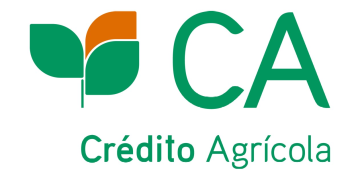




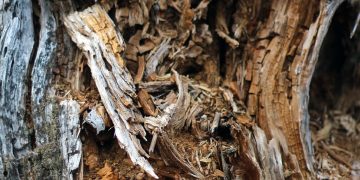














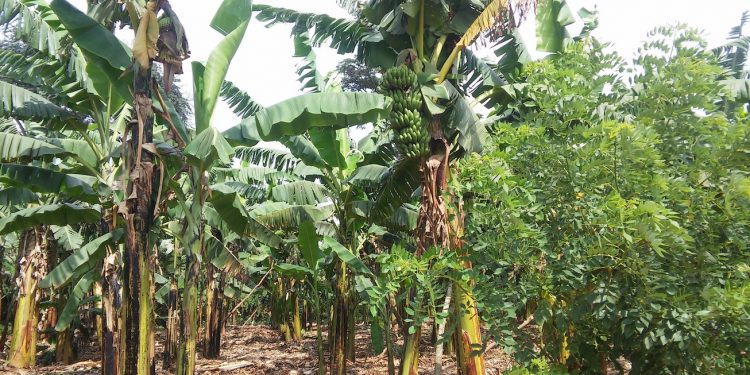
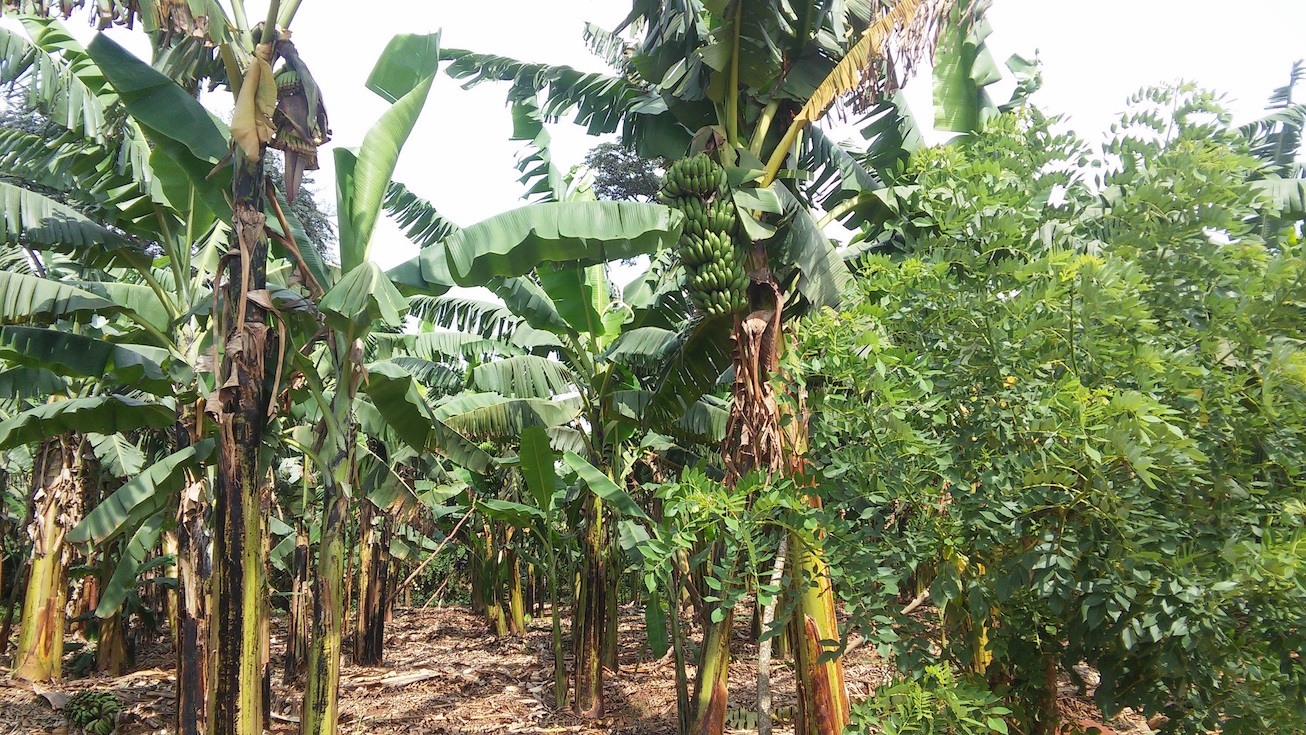


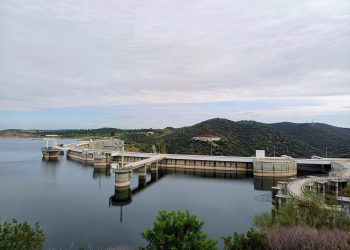

















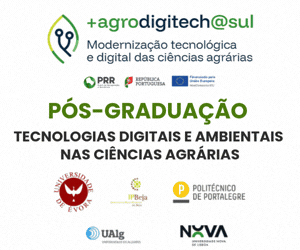










Discussão sobre este post